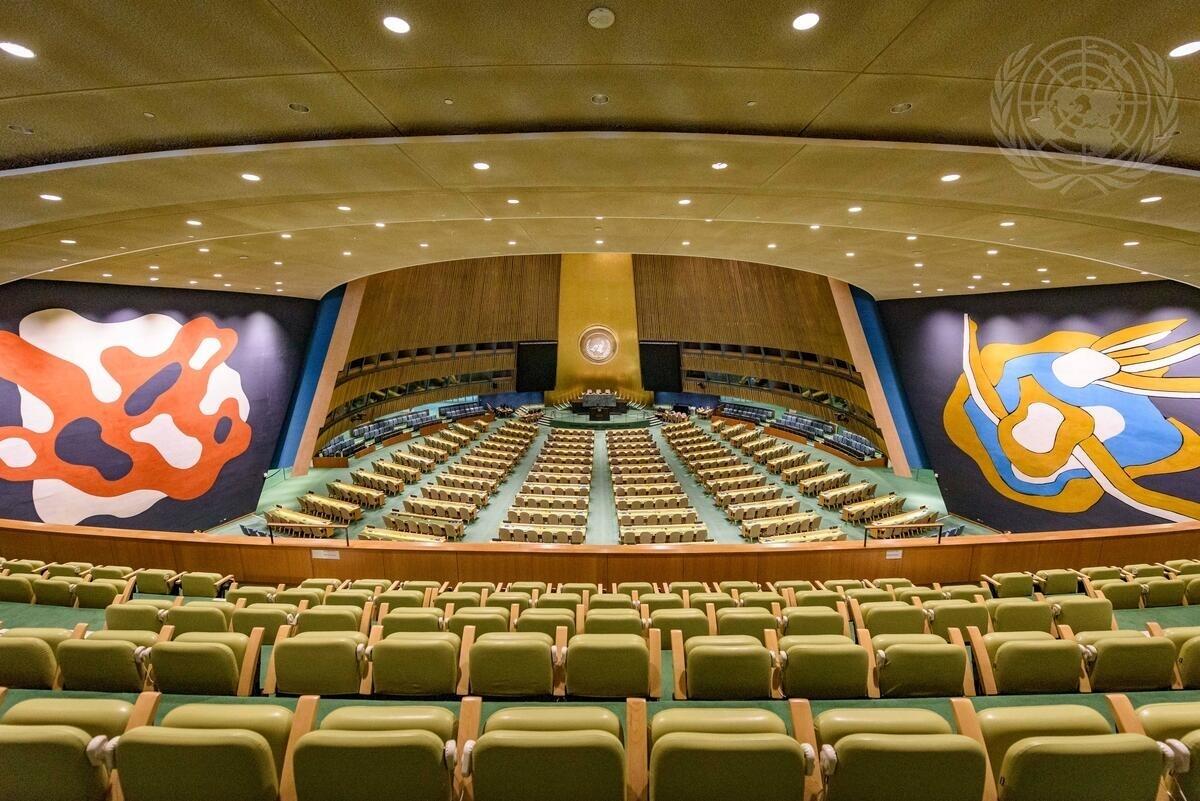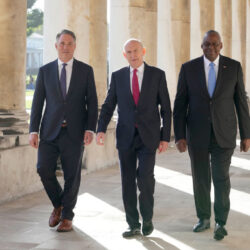
The steady backsliding of democracy, the instability of the global economy, and the decline of the liberal order have created circumstances similar to those of nearly a century ago. Issues from the 1930s have re-emerged in the 2020s: inequality and wealth disparity, and the weakening foundations of the institutional framework of freedom and democracy. If these problems are not addressed, their growth could lead to the strengthening of authoritarian governments and weaken the current world order further.
Past and Present
The old saying goes, “History repeats itself.” However, human advances and accomplishments fill the timeline between then and now. The globalized economy has made countries more interdependent than they were and thus has made it difficult to implement economic austerity and autocratic ideas, as happened after the New York Stock Exchange crisis in 1929. In order to avoid distortions such as these, the members of the G20 agreed in 2009 on a series of economic measures that precluded cycles of depression such as those experienced 80 years ago.
The 1930s were an interwar period influenced by the inadequate peace treaties after World War I. The period was characterized by measures applied to Germany, French revanchism, and U.S. isolationism with respect to Europe. Today, the United States is a leading player in international politics, and other states have gained prominence: Russia as a revanchist state and China as a counter-hegemonic power. Europe’s evolution led to the creation of the powerful European Union, an international community based on political cooperation and economic integration.
The rise of radical nationalist parties has contributed to the current political polarization that reminds us of the 1930s. With every election, extreme right-wing parties that espouse hypernationalism and hatred of minorities are increasing their vote share in the Netherlands, France, Germany, Hungary and even the United Kingdom, hearkening back to fascist Europe. The return of President Donald Trump’s “America First” foreign policy echoes the American isolationism of the 1930, and U.S. commentators have compared his election rallies to Nazi rallies of the 1930s.
The world has the benefit of multilateral institutions like the United Nations and alliances like NATO, created after World War II, that could prevent the 1930s-like conditions from leading to 1940s-like results. There is also greater awareness of the need to defend the rights and safety of minorities and national and international legal instruments that aim to do just that.
The Big Picture
Knowing our past allows us to understand the circumstances of our present and how to avoid repeating mistakes. It may feel sometimes that we are reliving the 1930s, but the lessons of history and the institutional development, both regional and global, of the last 90 years will ensure that we do not relive the 1940s.
A wide view of the General Assembly Hall at U.N. Headquarters. (UN Photo/Manuel Elías)





